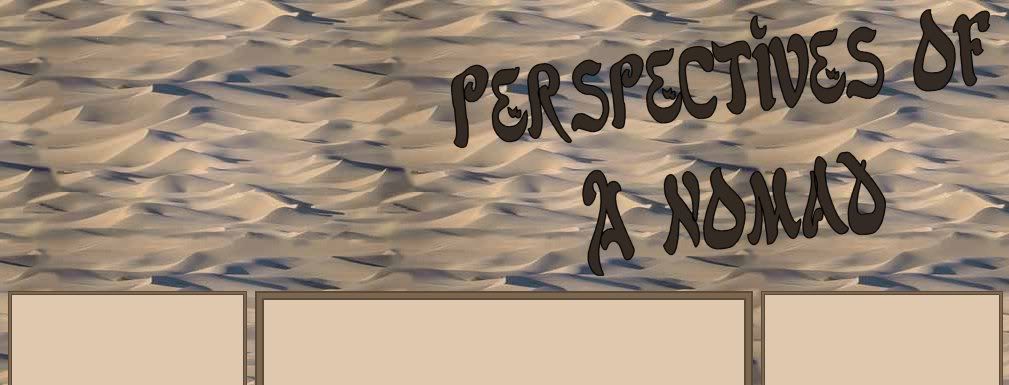Thursday, January 12, 2006
Ex-Syrian VP Khaddam Plays the International Community
Here we go again. The US and EU have rushed to embrace former Syrian VP Abdul-Halim Khaddam as he publicly denounces Bashar al-Assad and the Syrian government. True, his denunciations come with implications of the Syrian government’s complicity in the assassination of Lebanese Prime Minister Rafik Hariri. But as the world clings to the hope of more moderate leaders in the Middle East, sympathetic to issues of the Western world, we forget that we are getting into bed with the devil himself.
There is little doubt that Khaddam has political aspirations of his own, and coupled with his anger over dismissal from the Syrian government, it is not surprising that he is now willing to point fingers at his former boss in the Hariri incident. From most accounts, Khaddam played a major role in the carpet-bombing of Hama in 1982. He has been a strong and outspoken proponent of using brutal tactics, including torture, to root out opposition to Syria’s government while he was the right hand man to President Hafez al-Assad, a brutal dictator. And to the Arab world, he’s always been a politician with an agenda.
The EU and US are anxious to implicate Bashar al-Assad in the assassination of Hariri, and I have little doubt that Syria played some role in the murder. But in this situation, we are being asked to back one potential tyrant over a sitting tyrant, and that situation will never turn out well. By backing the likes of Khaddam, we help destabilize a government that, while we may not like, at least we know and can work with, to support a government which I believe is totally unpredictable. And every time we try to back one government or another in the Middle East, we only serve to incur hatred from the citizens of the region.
Let’s take this opportunity to back off of the situation, and not try to play a role where we don’t belong. Let’s use the excuse of Khaddam’s ruthless behavior, and not back a leader who could potentially drastically destabilize the region. Because the more we try to shape the Middle East into a region which we would appreciate, the more danger we face in a political arena that we still do not know how to operate successfully in.
Posted by Scottage at 10:25 AM /
| |



